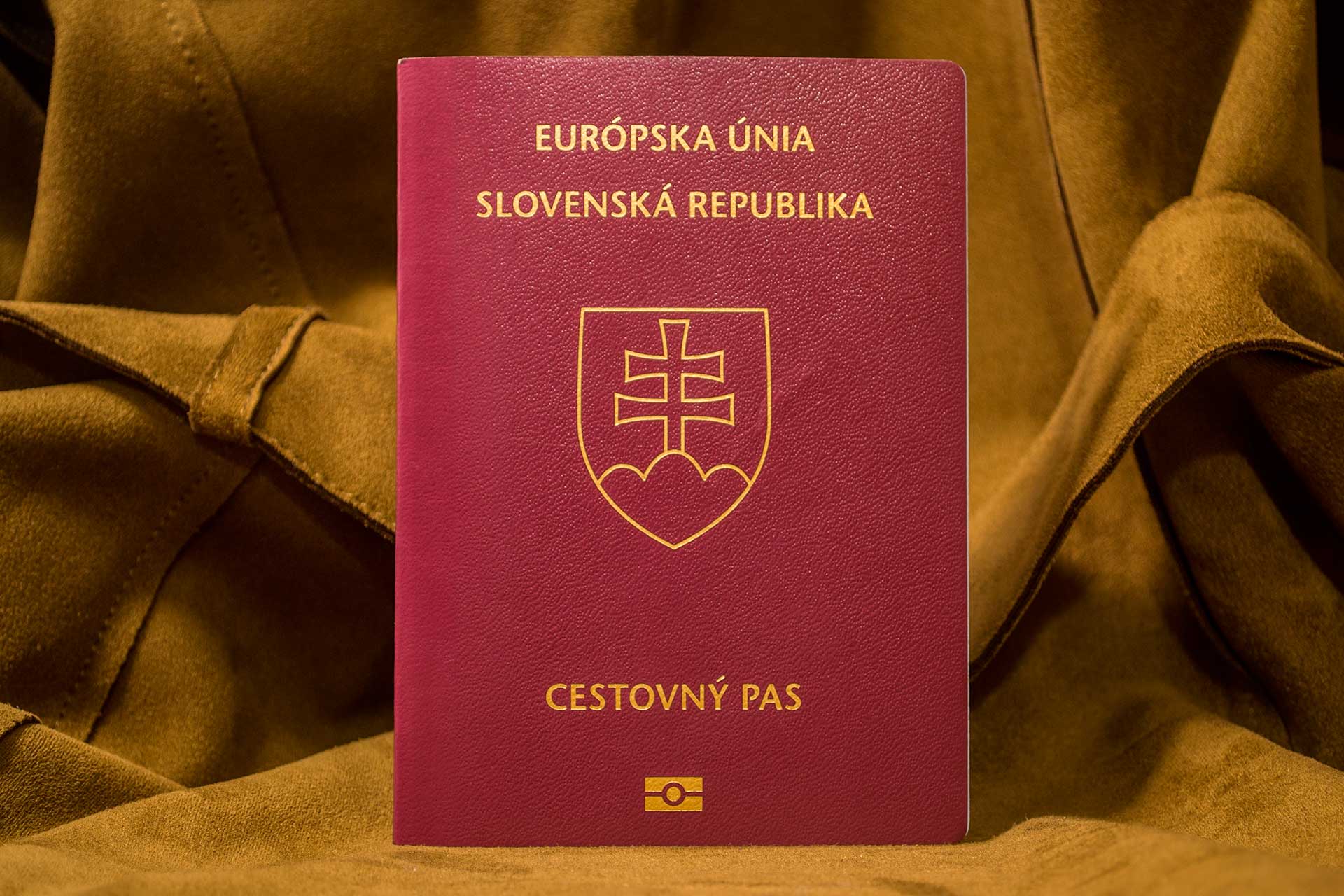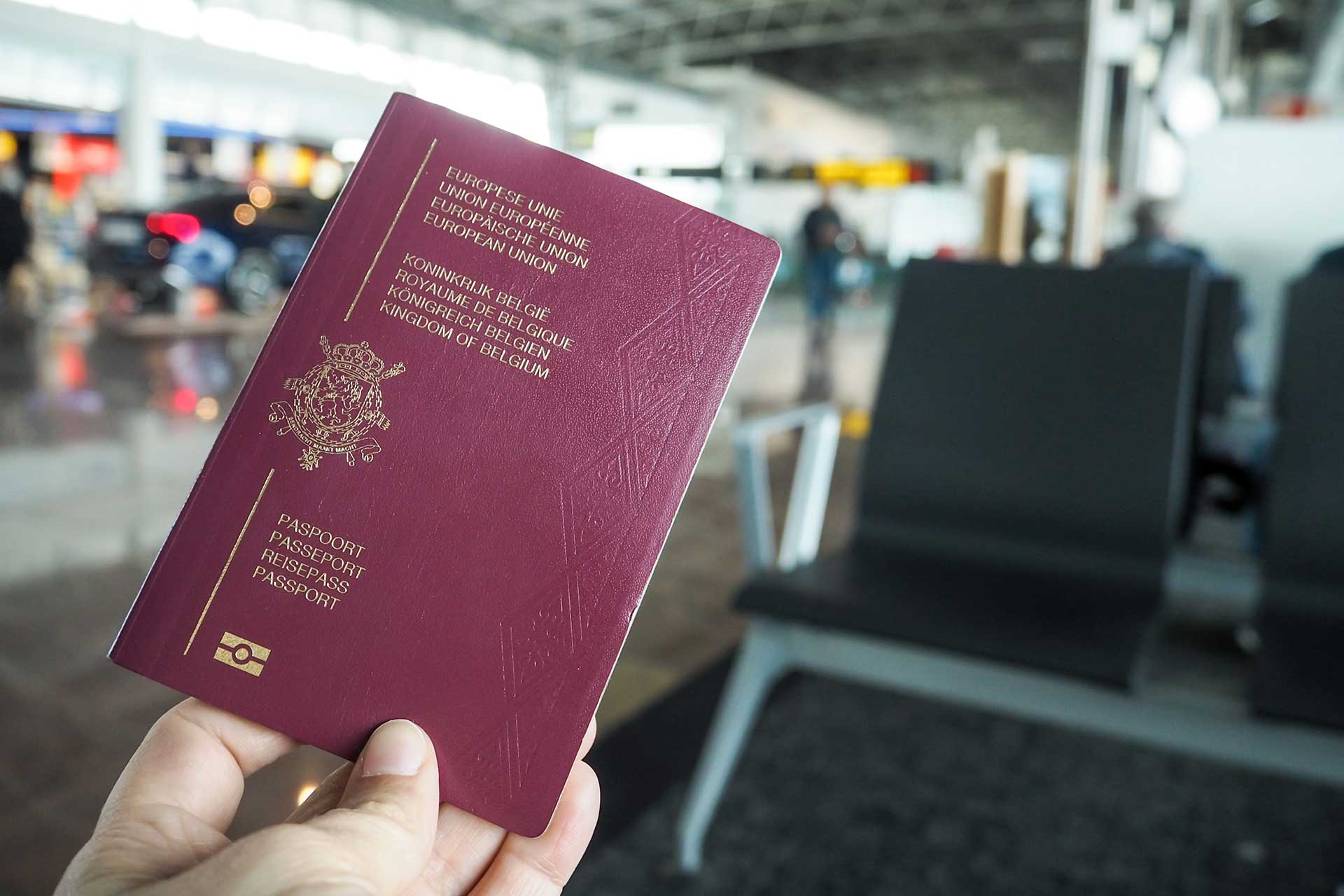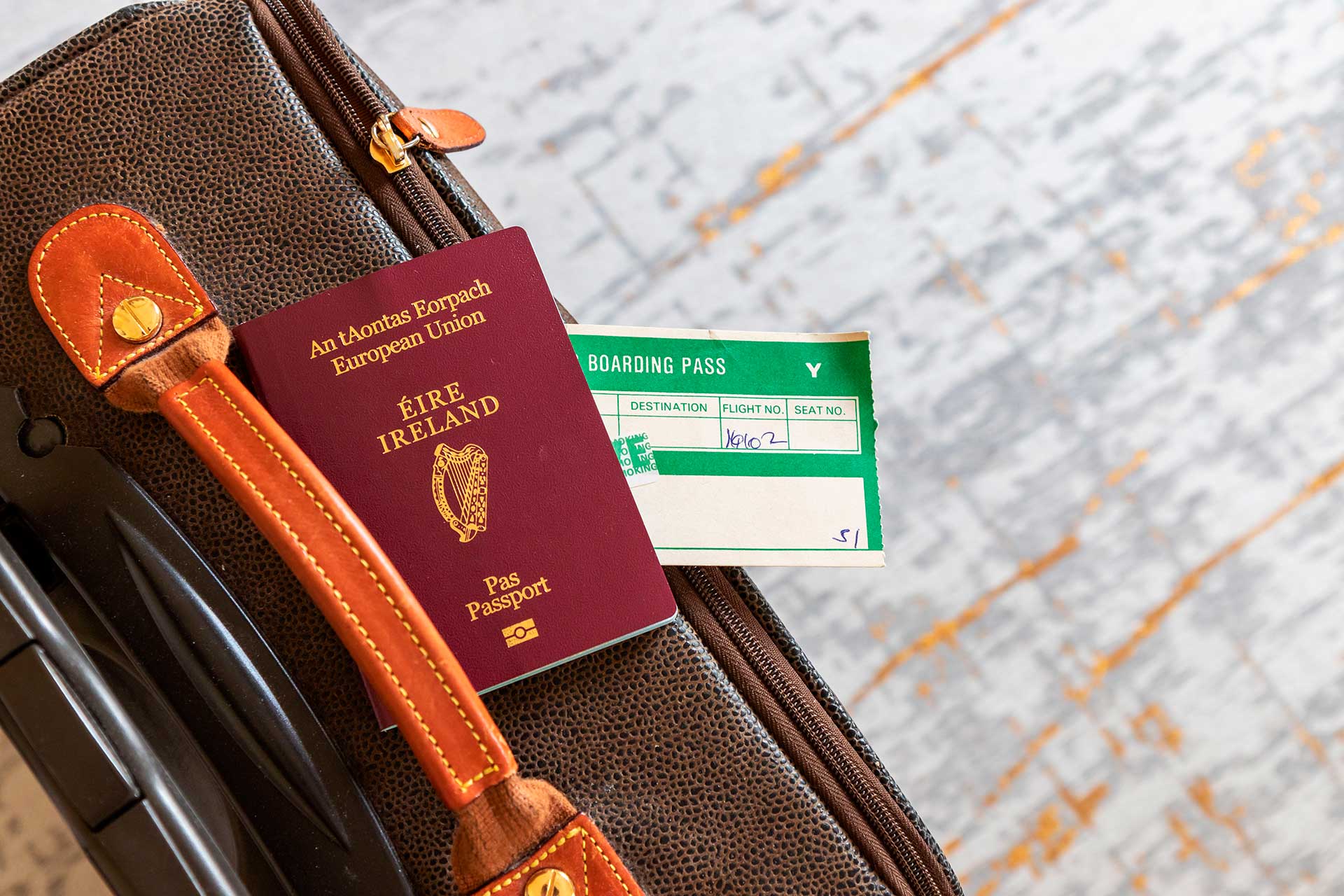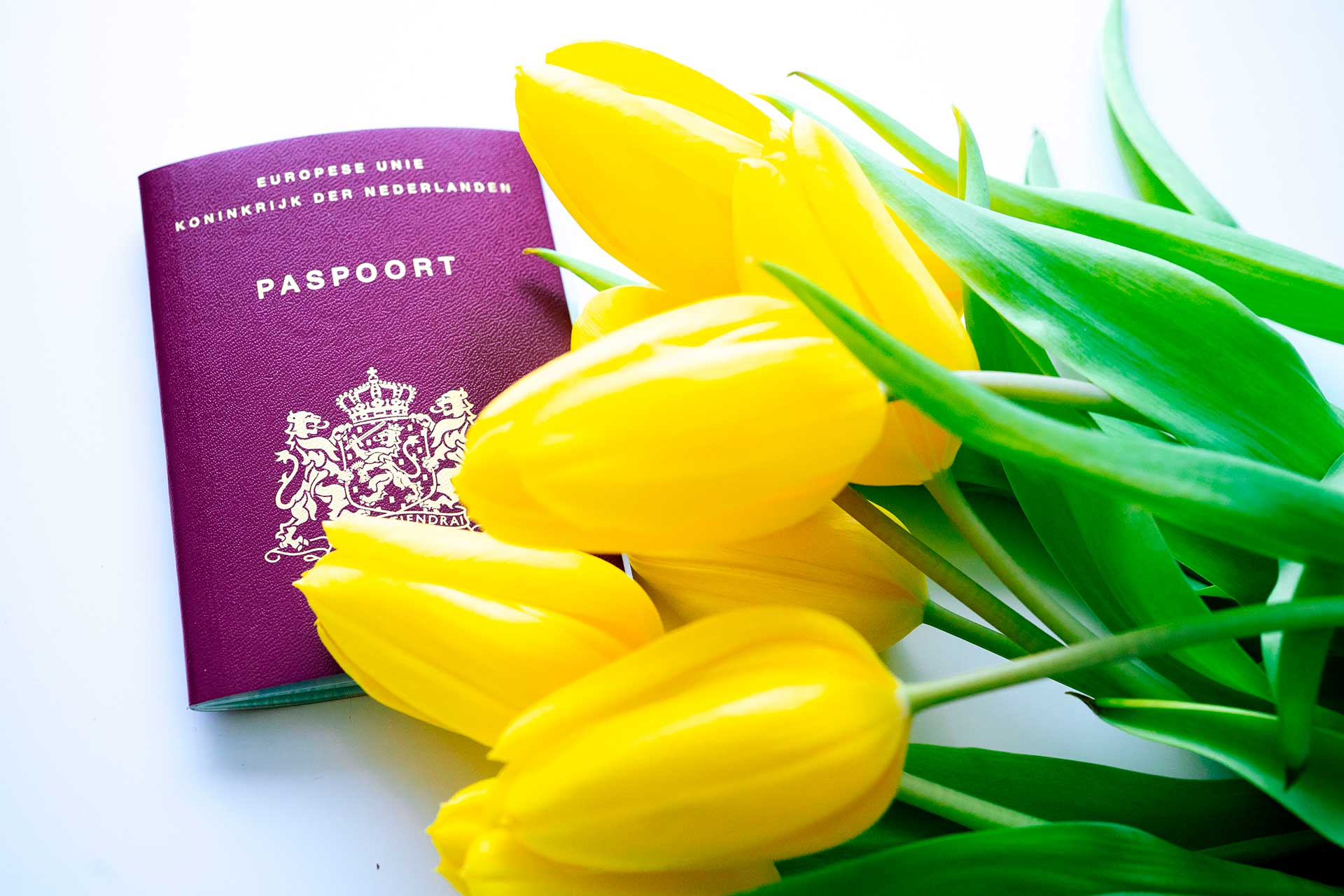- Advantages of Italian citizenship
- The main ways of obtaining an Italian citizenship
- Procedure for obtaining an Italian citizenship
- How much time and money it takes to obtain citizenship of Italy
- What does not work: how you cannot get an Italian passport
- Dual citizenship in Italy: whether it is allowed to hold more than one passport
- Where to get a second passport faster and easier: an overview of alternatives
Italian passport can be obtained by birthright, through descent, marriage or naturalization when residing in the country for at least 10 years. The procedure of acquiring a national document is regulated by the law “On Citizenship” of February 5, 1992 and is the competence of the Ministry of Interior. Having an Italian passport allows you to live and work on the entire territory of the European Union, travel without a visa to more than 160 countries, enjoy other privileges of EU citizenship.
An important advantage of obtaining Italian citizenship is the right to inherit the status. Another plus is the possibility to become the owner of several passports, if your country of origin allows it, and enjoy all the privileges in double volume. The main disadvantage is the length of the naturalization procedure - the most common way of obtaining a new citizenship.
International law lawyers can offer you an alternative option to obtain a European passport in a short period of time. To learn more about it, sign up for a free consultation with our specialists.
Advantages of Italian citizenship
Italian passport holders have the right to vote, to be elected to the European Parliament, and to run for office in municipal elections. Among other advantages that citizenship gives:
- the ability to travel to more than 160 visa-free countries (Italy holds the 3rd position in the world ranking of the strength of national documents);
- the right to live, work and do business throughout the EU without the need to obtain additional permits;
- access to social benefits, health care system, including the possibility to use medical services in the EU countries on the basis of the European Health Insurance Card (EHIC, European Health Insurance Card);
- consular protection and comprehensive assistance of diplomatic authorities in any country of the association;
- the right to choose tax residency and take advantage of the benefits offered by the state;
- the opportunity to obtain loans, including mortgages, at a lower rate than for non-residents;
- access to high quality education (the cost of higher education is lower than for foreigners from countries outside the European Union);
- opportunity to obtain visas and residence permits for accompanying family members who may become Italian citizens in the future.
The main ways of obtaining an Italian citizenship
According to the Italian legislation, the citizenship of the country can be obtained by descent (ius sanguinis), birth on the territory of the state in certain cases, marriage. Also, a passport can be acquired by a foreigner through naturalization on condition of continuous residence in the country for a specified period of time. Below we will consider the main ways of obtaining the status in more detail.
Get EU citizenship under a simplified procedure
Default Description

Naturalization
To become a holder of Italian citizenship through standard naturalization, you need to live in the country for at least 10 years. For some categories of foreigners, such as those married to Italians, the specified period is reduced. Let us further consider the most common grounds for immigration:
- Marriage. A foreigner can obtain citizenship if the marriage with an Italian was concluded at least 2 years ago or 3 if the spouses live abroad. The time limits are halved if the couple has given birth or adopted a child. In addition to a marriage or marital status certificate, you will need a document confirming the Italian citizenship of your spouse. You will also need to pass an Italian language proficiency test, providing a certificate showing a minimum B1 level.
- EU Blue Card. The EU Blue Card is a 2-year residence permit for foreigners with high professional qualifications. Employment authorization is requested by the employer. It will be necessary to provide a contract guaranteeing a salary that is at least 1.5 times higher than the national average (in 2025 monthly from 2436 EUR after taxes). On the basis of a work permit, you can apply for a long-term visa and then apply for a residence permit. You will be able to obtain after 5 years of residence in the EU on the basis of EU Blue Card, of which 2 years in Italy.
- Family reunification. A foreigner who has issued a residence permit with a validity of at least one year can request family reunification. The applicant must have appropriate housing and sufficient income (the amount increases depending on the number of people included in the application). Spouses and children, including adult children, can apply for a residence permit if they are unable to support themselves for health reasons. Dependent parents can also be included in the application. The residence permit is issued for the duration of the host country's residence permit.
- Education. Enrollment in an Italian university is the basis for obtaining a residence permit for one year. The applicant must also demonstrate the availability of funds (from 460 EUR for each month of the academic year). The document is extended for periods not exceeding the duration of study. Then it is possible to apply for a residence permit to look for a job, which allows you to stay in Italy for 12 months. Preliminary registration at the employment center is required. Once employed, a new residence permit must be issued by changing the basis, e.g., for employment or self-employment.
- Self-employment. To obtain a residence permit, you must have a license or other authorization to carry out the activity requested from the Italian Police Headquarters. You will also need to demonstrate that you have sufficient financial resources and suitable housing. The application is processed within 120 days. A residence permit for self-employment is issued for a period of up to 3 years. When renewing the document, you will need to submit copies of your tax return and a certificate of registration with the Chamber of Commerce and Industry.
- Work. A residence permit is issued on condition that you have an employment contract with a local employer that specifies the amount of your guaranteed salary. The Italian employer must also issue you a work permit issued by the Single Immigration Center (SUI, Sportello unico per l'immigrazione). The residence permit is valid for up to 2 years, but not longer than the employment contract. The document is subject to renewal if the basis for your stay in the country remains valid.
- Digital Nomad Visa (DVI, Digital Nomad Visa). Foreigners planning to live in Italy and work remotely outside the country can apply for a Digital Nomad Visa. The permit is intended for highly qualified employees who legally earn an income of 24,789 EUR or more per year. It is also necessary to provide proof of higher education and/or relevant work experience of at least 3 years. DVI is issued for one year with the possibility of its extension, if you maintain your previous income, have housing (rented or own) and a valid health insurance policy.
Investments
Investors from outside the European Union can apply for a two-year residence permit in Italy on condition of financing the local economy for the amount of 250 000 EUR or more. This program allows the investor to further count on EU citizenship through naturalization. Investments can be made in government securities, charitable initiatives, innovative startups. In order to obtain a residence permit in the country, it is necessary to obtain a certificate of absence of obstacles (Nulla Osta), providing, in addition to contact information, a package of documents, which includes:
- identity card;
- a certificate of no criminal record;
- proof of financial resources;
- business plan;
- a declaration indicating the amount of investment, confirmed by an electronic signature.
Additional documents may also be required depending on the area of investment. The decision will be given to you within 30 days, after which you should contact the Italian consulate to request a visa on the basis of Nulla Osta. After entering the country, it is required to issue a residence permit with payment of fees (about 100 EUR) within 8 days and to make investments not later than in 3 months. The document can be renewed for subsequent three-year periods if the basis is maintained.
The choice of the reason for immigration is an important stage, because it will determine the length and complexity of the procedure of acquiring citizenship. With the help of professionals, you will be able to choose the best reason for moving and quickly obtaining a European passport. Learn more about it and get an individual solution for immigration to the EU in consultation with international law specialists.
Procedure for obtaining an Italian citizenship
The process of obtaining Italian citizenship and the list of required documents depend on the reason for moving. In certain cases (e.g., marriage), some stages such as residence permit can be skipped. In order to obtain an Italian passport and all the possibilities of a citizen of an EU country, it is necessary to collect a dossier, which includes the following documents:
- ID card;
- criminal record certificate issued by the country of origin;
- birth certificate;
- receipt of payment of the administrative fee (250 EUR);
- details of the electronic excise stamp (La Marca da Bollo Digitale), the cost of which is 16 EUR;
- certificate of Italian language proficiency at least at B1 level.
Registration of citizenship through standard naturalization will consist of the following steps:
- Visa request. To stay in the country for more than 3 months, foreigners from non-EU countries must obtain a long-term visa. For this purpose, one should apply to the Italian consulate in the place of residence. When applying for a permit, an administrative fee (116 EUR on average) must be paid, an application form must be filled in, an ID card must be presented, and a photo of the set size must be provided. Proof of the basis for long-term stay in the country (work contract, self-employment registration, etc.) is mandatory.
- Obtaining a residence permit. Once you have entered Italy on the basis of a visa, you must apply for a residence permit within 8 days by contacting the police station of the province where you intend to reside. When applying for a residence permit, you will need to prove the reason for your move and submit fingerprints. From the documents you will need an ID card, 4 photos, a receipt of payment of fees (40-100 EUR). The residence permit is issued on average 60 days after the application is submitted. The residence permit is valid for up to 3 years, depending on the basis.
- Renewal of residence permit. Renewal of a residence permit follows the same procedure as for the initial document. The request is submitted at least 60 days before the expiry of the current residence permit, if it complies with the migration conditions and the grounds for staying in Italy (labor contract, continuing studies, etc.). The extended residence permit is usually valid for 1-2 years.
- Obtaining the status of permanent resident. In order to apply for permanent residence, you must have been legally residing in the country for at least 5 years. The application must be submitted in person at a police station or sent by registered mail (30 EUR). The application must be accompanied by copies of identity card, certificate of no criminal record, civil status certificates (marriage, birth), proof of housing, receipt of payment of fees (46 EUR). It is also necessary to submit a tax return indicating the sufficient amount of income and pass the Italian language test. The residence permit is valid indefinitely.
- Registration of citizenship. After 10 years of residence in Italy, one can apply for citizenship. Other conditions include knowledge of the national language, no threat to the security of the state, sufficient income and housing. The application is submitted online through the state service portal of the Department of Civil Liberties and Immigration with the payment of a fee (250 EUR). A date will be set for the submission of the original documents to the prefecture. The request is processed for a maximum of 36 months.
- Applying for a national passport. Once your citizenship application has been approved, you will need to apply for a passport by contacting the police department where you live or the Italian consulate abroad. The request is submitted online. To apply for the document, you must be fingerprinted (except for children under 12), pay a fee (42.5 EUR), and purchase a postage stamp (73.5 EUR). The national ID card is renewed every 10 years (children's ID card - after 3-5 years).
Obtaining citizenship by naturalization requires considerable expenditure of time and money, as well as in-depth knowledge of the existing legislation and its current changes. Specialists of international law know all the nuances of immigration procedures, they will help you to collect the most complete dossier and successfully pass all stages of European passport registration. Sign up for a free consultation to take the first step towards citizenship in the EU.

How much time and money it takes to obtain citizenship of Italy
Italian law provides for several ways of obtaining citizenship, each of which requires different financial investments and time. At the same time, it is necessary to provide for expenses not only for administrative fees, but also for living expenses. According to Numbeo portal, monthly expenses in Italy for a family of four will amount to 3041 EUR, for you alone - 868 EUR. Renting a one-room apartment will cost from 570 EUR per month. Investors should also include in the list of expenses the minimum amount of necessary investments in the country's economy.
Answering the question how much citizenship costs, you should also take into account the costs for apostilization and translation of documents (from 16 EUR for 4 pages), language test (from 50 EUR). Below is shown the amount of state fees and duration of procedures for obtaining an Italian passport by different methods:
- Naturalization: minimum residency requirement — 10 years, processing cost — from 630 EUR.
- Marriage to an Italian citizen: processing time — from 1 to 3 years (depending on the presence or absence of children), cost — 530 EUR.
- Investment: minimum residency requirement — 10 years, processing cost — from 630 EUR.
- Citizenship by descent (for foreigners with at least one Italian parent or those born in Italy and residing there until adulthood): minimum residency requirement — 3 years, processing cost — 530 EUR.
- Adoption of adult foreigners by Italian citizens: minimum residency requirement — 5 years, processing cost — 580 EUR.
The cost indicated in the table includes the cost of visa, residence permit and its renewal, permanent residence, citizenship and passport. The process of standard naturalization takes 10 years, so a significant disadvantage, in addition to the duration of the procedure, is a substantial amount of fees for residence, obtaining and renewing permits to stay in the country.
More beneficial in terms of financial and time costs are simplified programs for obtaining EU citizenship, as participation in them does not require investment, as well as the cost of registration and renewal of residence permits. With the help of lawyers, you can become the owner of a European passport in the period from 4 months and easily move with it to Italy or any other country of association.
What does not work: how you cannot get an Italian passport
Acquiring Italian citizenship is particularly attractive to foreigners from countries outside the European Union. Obtaining an EU passport provides you with a wide range of opportunities, including visa-free travel, high-quality education, employment and doing business in any country of the association. The desire to acquire legal status in Europe as quickly as possible often makes people look for any available means to do so. Below we will consider the common myths about Italian citizenship:
- Fictitious marriage. An attempt to conclude a union for the sole purpose of acquiring a residence permit inevitably leads to rejection, fines and even criminal liability. The authorities of any country carefully consider each case, check the documents provided and may require additional evidence confirming the sincerity of the relationship (joint rental agreement, photographs, receipts of purchases).
- Attempting to buy citizenship. Under current legislation, you do not have the option of purchasing a passport as an Italian citizen. If you invest in the country's assets, you can only apply for a residence permit. Any “intermediaries” offering to buy citizenship without following migration procedures are trying to make you a participant in a fraudulent scheme. Numerous reviews of people who have obtained a passport in the EU, testify to the fact that in order to achieve the result, you can only take the help of lawyers who will help you successfully pass all the formalities.
- Acquisition of citizenship by birthright. In Italy, unlike, for example, in the United States, a passport is not granted by birth. The country is governed by the principle of “right of blood” (jure sanguinis), which allows citizenship to be acquired only by inheritance from parents. There is an exception only for children born on the territory of Italy, if their father and mother are unknown or have no citizenship.
Attempts to illegally obtain a country's national document or stay on its territory without authorization entail administrative or criminal liability. In particular, violation of migration legislation may result in a fine of up to 15,000 EUR, imprisonment for up to 5 years or forced deportation. Providing false information about oneself, including for the purpose of obtaining a residence permit, is punishable by imprisonment for up to 6 years. In addition, a foreigner may be banned from entering Italy and the EU.
Italian citizenship is possible only in strict compliance with the law, so to get the desired result it is best to use the help of qualified lawyers. Specialists will select the optimal basis for immigration, will adhere to all requirements and deadlines for filing documents. Obtaining EU citizenship under a simplified program will allow you to move to any European country and enjoy all the benefits of its status in 4-14 months.
Get EU citizenship fast and easily
Learn how to become an EU citizen through simplified programs
Dual citizenship in Italy: whether it is allowed to hold more than one passport
From a legal and practical point of view, it is important to distinguish between the concepts of second and dual citizenship. In the first case, you can retain both statuses, however, it is worth considering that when traveling to one of the countries you will have to use its passport. Some countries, such as Japan, Spain, Germany, do not allow you to retain your original citizenship when applying for a new one. Obtaining an Italian passport is possible without renouncing the primary status, if it is not required by the laws of your country of origin.
Dual citizenship implies the existence of an official agreement between the states. If there is no such agreement, each country will consider a person who has two statuses at once, exclusively as its subject and apply its own laws to him.
In the context of dual citizenship Italy has agreements, for example, with Great Britain, Denmark, USA, so the rights and obligations of a person are preserved in both countries. At the same time, a bipatride can avoid double taxation, choose the place of military service, as well as decide which passport to use when entering any of the states.
Where to get a second passport faster and easier: an overview of alternatives
Obtaining Italian citizenship through naturalization in most cases requires 10 years of residence in the country. Obtaining a second European Union passport can happen much faster if you take advantage of a simplified repatriation program. In particular, Romania, Slovenia, Bulgaria offer to obtain citizenship on the basis of ethnic or territorial affiliation. With the help of lawyers, it is possible to acquire a European passport in 4-14 months in order to carry out visa-free travel, work and reside in any state of the European Union.
The support of international law specialists is essential to ensure that EU citizenship is obtained in the best possible time. The lawyers will select the most suitable grounds for moving to Europe and prepare all documents in accordance with the current legislation. Support of specialists at every stage of the procedure and strict compliance with all the nuances of the legislation will help you become a citizen of the European Union in a short period of time. You can learn about the details of simplified programs for obtaining an EU passport during a free consultation.

Mark Gartman
Migration lawyer
The lawyer of Futurepassports company, which specializes in international law. Advises on immigration issues and helps you find the best options to quickly obtain citizenship in EU countries.
“Immigration is not just a journey from one place to another, it is a journey from who you were to who you can become.”



